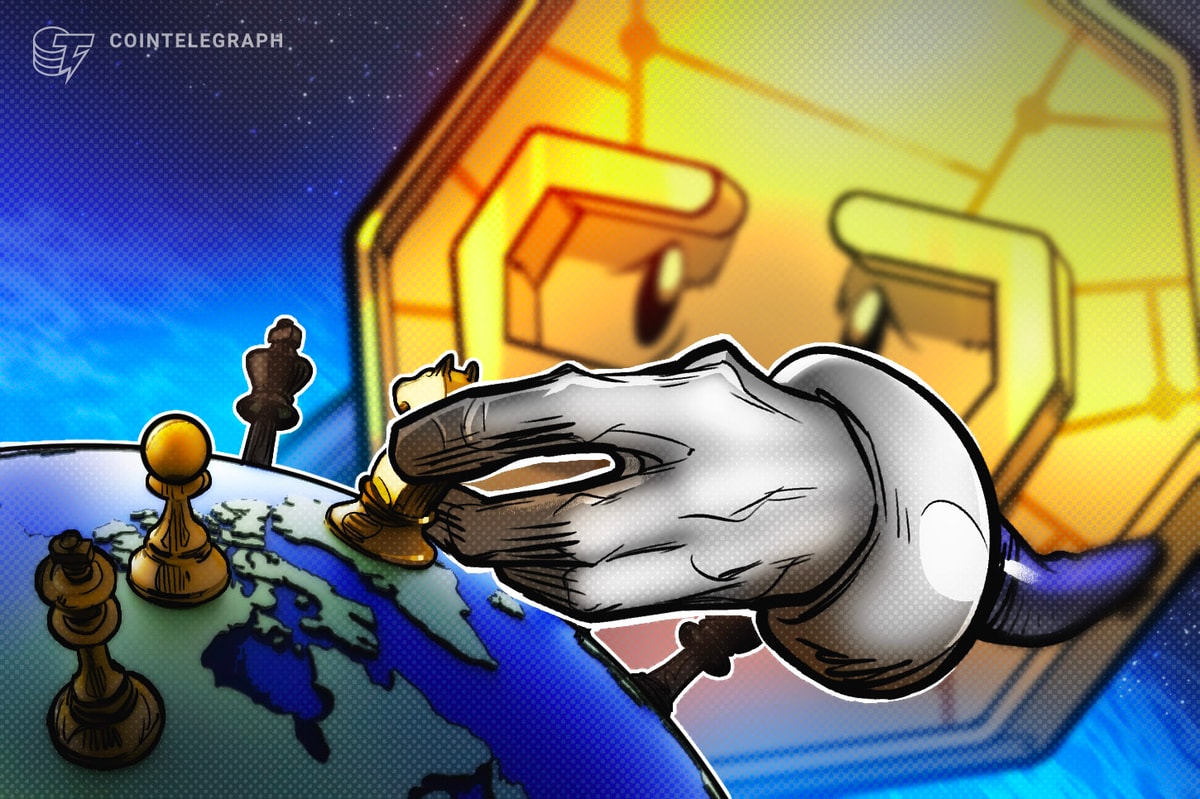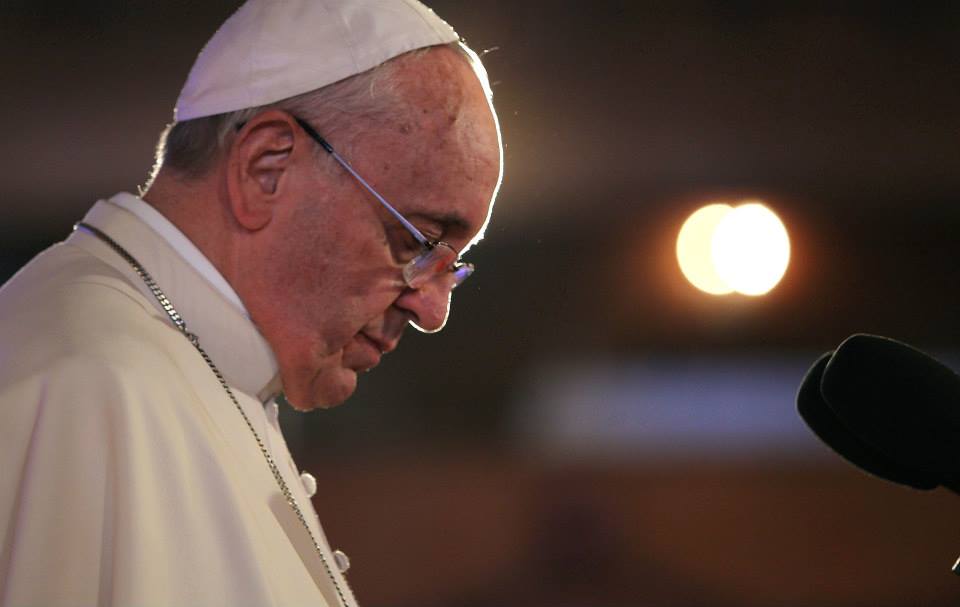
Coinbase’s decision to delist Wrapped Bitcoin (wBTC) has sparked significant controversy and a $1 billion lawsuit from BiT Global Digital Limited, a joint custodian of wBTC’s reserves.
In November, Coinbase announced plans to delist wBTC from its platform, citing undisclosed failures to meet its listing standards. This decision drew criticism from BiT Global Digital Limited, a Hong Kong-based crypto exchange and joint custodian of wBTC’s Bitcoin reserves alongside BitGo since August.
BiT Global alleged that Coinbase’s move was intended to promote its own competing product, Coinbase Wrapped BTC (cbBTC), which launched on Sept. 12, and has since become one of the most popular Bitcoin wrappers, with about $1.4 billion in total value locked.
In response to the delisting, BiT Global filed a lawsuit against Coinbase on Dec. 13, seeking over $1 billion in damages. The lawsuit accuses Coinbase of anticompetitive behavior, including attempted monopolization of the wrapped Bitcoin market under the Sherman Act, predatory practices to undermine wBTC’s market position and issuing false statements implying wBTC failed to meet listing standards.
Coinbase’s chief legal officer, Paul Grewal, defended the company’s actions a few days later, saying that assets failing to meet listing standards are delisted.
Source: Paul Grewal
The case’s latest developments came on Dec. 17, after Coinbase filed a response to the lawsuit citing risks tied to crypto entrepreneur Justin Sun, including accusations of financial misconduct and regulatory investigations. The exchange’s response reinforced the idea that the token delisting was not due to technical reasons. On X, users recalled that Coinbase itself has been under numerous investigations.
On Dec. 18, a federal judge sided with Coinbase by refusing to issue a temporary restraining order to prevent the token delisting. Judge Araceli Martínez-Olguín said BiT Global’s legal team had failed to show “imminent irreparable harm” in its arguments.
The decision, however, seems to be just the beginning of yet another legal battle.
This week’s Crypto Biz also explores Deutsche Bank’s blockchain, USDT trading in Europe, FTX creditors repayment and BVNK’s move to the United States.
Deutsche Bank builds L2 blockchain on Ethereum
Deutsche Bank, Germany’s largest lender, is reportedly developing its own layer-2 (L2) blockchain on Ethereum using ZKsync technology to address compliance challenges associated with using public blockchains in regulated finance. The L2 solution, part of Project Dama 2, looks to improve transaction efficiency and secure regulatory safeguards, integrating directly with Ethereum, according to Bloomberg. Project Dama 2 is an initiative of the Monetary Authority of Singapore’s Project Guardian, which brings together 24 financial institutions to explore blockchain-based asset tokenization.
Tether USDT trading continues across Europe despite Coinbase delisting
Cryptocurrency exchanges in Europe are continuing to support Tether’s USDt stablecoin, even after Coinbase announced its delisting for European customers to comply with upcoming regulatory requirements. Top exchanges, including Binance, Crypto.com and Kraken, have retained trading support for Tether’s USDt (USDT) following Coinbase’s delisting of the stablecoin on Dec. 13. Other platforms, such as KuCoin, MEXC and Bitget also offer the stablecoin to European users despite the looming full implementation of the Markets in Crypto-Assets Regulation (MiCA) on Dec. 30. While Coinbase has labeled USDT as a MiCA-restricted stablecoin, European authorities have not provided a clear statement on whether it should be considered noncompliant with local laws.
Kraken and BitGo will help distribute the first FTX payments in 2025
Debtors representing the defunct cryptocurrency exchange FTX in its bankruptcy case have announced that a reorganization plan, which will enable customer repayments, will take effect on Jan. 3. In a Dec. 16 notice, FTX said it had set up a timeline for the initial distribution of funds to the exchange’s users, more than two years after the firm filed for Chapter 11 bankruptcy protection. According to the FTX debtors, the first group of claim holders can expect repayments within 60 days of Jan. 3, 2025, subject to certain conditions. The debtors said that crypto firms BitGo and Kraken would assist in distributing recoveries to FTX users. Other groups of customers expecting repayments “will be announced in due course,” according to the exchange.
BVNK raises $50M to expand into US stablecoin market
Stablecoin infrastructure company BVNK closed a $50 million Series B funding round led by Haun Ventures, with plans to expand into the United States. According to a Dec. 17 announcement, the fresh capital will be used to expand BVNK’s operations to San Francisco and New York City. Based in London, BVNK is now estimated to be worth about $750 million. Its US offices will develop a local banking infrastructure and work on operational licenses to serve local companies. Participants in the round included Coinbase Ventures, Scribble Ventures, DRW VC and existing investors Avenir and Tiger Global.
Crypto Biz is your weekly pulse on the business behind blockchain and crypto, delivered directly to your inbox every Thursday.









